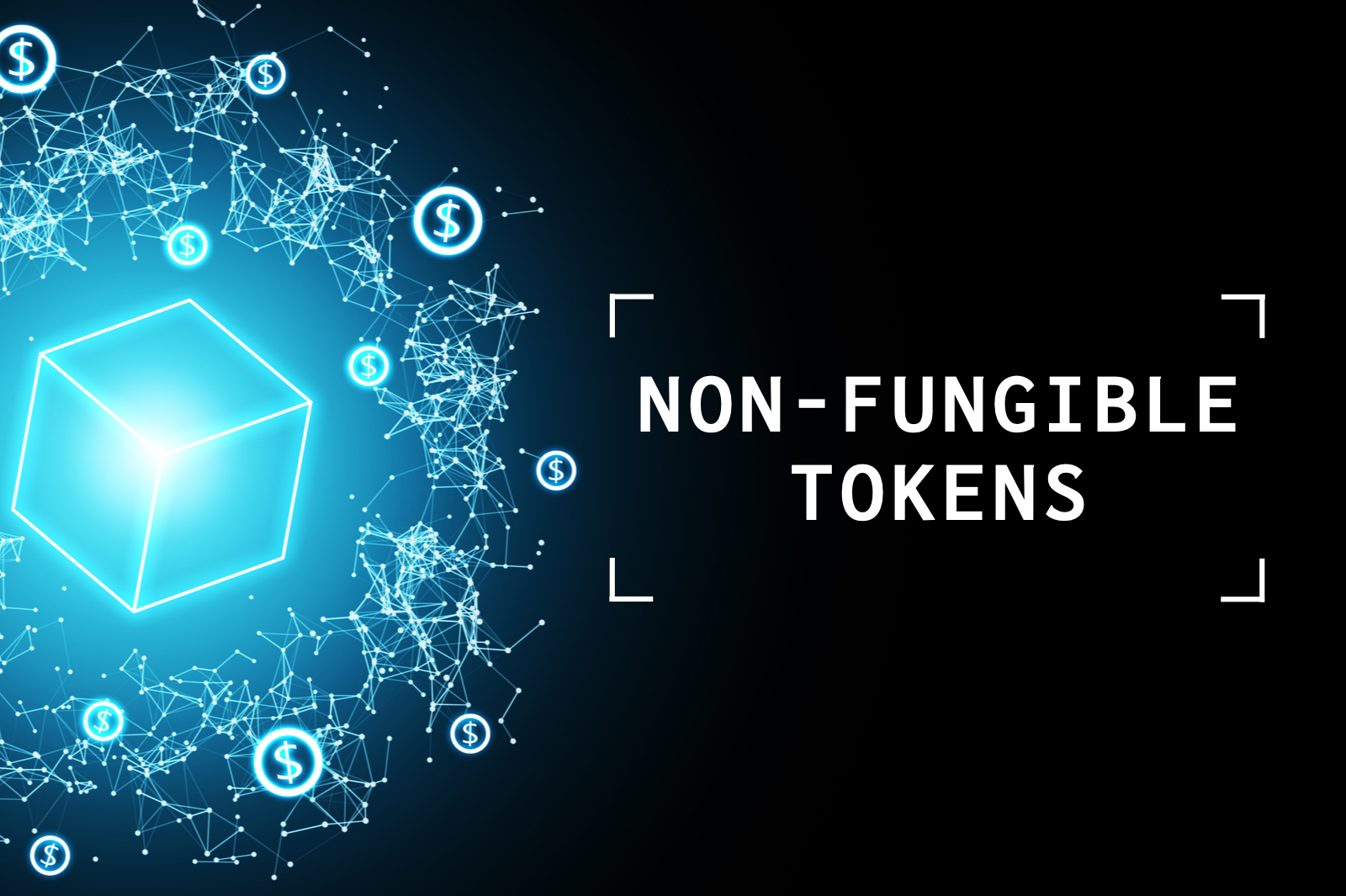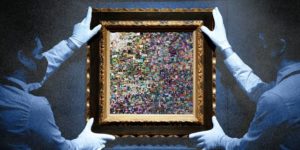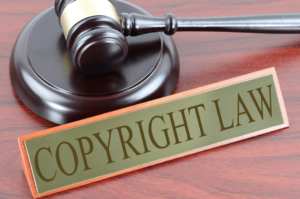Would Non-Fungible Tokens Fall Under The First Sales Doctrine?
There has been an influx of Non-Fungible Tokens being issued for everything from digital artwork to collectible sports cards. Recently there have been NFT’s sold representing digital homes such as


There has been an influx of Non-Fungible Tokens being issued for everything from digital artwork to collectible sports cards. Recently there have been NFT’s sold representing digital homes such as what was sold by digital artist Krista Kim that sold for $500,000, virtual land that has sold for hundreds of thousands, gaming skins and more, now the numbers are astounding from a few hundred to the most paid for a digital piece of art by Beeple to the tune of $69 Million. The new era of Digital Warhol’s are upon us and the crypto art world is exploding, even Jack Dorsey’s first tweet is selling for over $2 million.
Just to bring some clarity to the table a Non-Fungible Token is basically a true proof of ownership of a digital item, for all intents an purposes it could represent a physical item as well. Non-Fungible means that it can’t be swapped for a like token, the US Dollar is fungible and can be exchanged a Euro or any other currency, NFT’s cannot, they are original in nature and each NFT issued represents one item, they are not interchangeable for other items because they have unique properties.
These NFT’s won’t be found on a crypto index and trade like a stock such as Bitcoin, Ethereum, XRP, Pecu and other cryptos currencies. They however are powered by or should be powered by a main blockchain, NFT’s on a main blockchain like Ethereum are not only immutable but they cannot be replicated, there is only one. So this reduces if not eliminates fraud, protects the public and actually gives digital asset owners access to a much larger market.
Ethereum is in the center of the NFT explosion as they provide the tools and backbone aka the blockchain to create NFT’s but there are other systems in place that soon will be providing the same immutability, fraud protection and mass distribution possibilities on a stable backbone such as Ripple’s XRP and Pecu Novus.
The rise of the NFT has created extreme value not only for the owners of the digital assets but also for the blockchains that support it, there is a utility that cannot be ignored.
 There is a question that comes up of actual ownership, if someone buys an NFT that should mean that they own that original digital asset outright and the ownership transfers from the creator to the new owner, just as if you purchased a physical piece of art, there is only one. So if you wanted to license it out, create prints or resell it, this should be in your rights to do so. However from what I’ve heard this isn’t the case but in my opinion it will become the standard because there is something called “First Sale Doctrine” and this is the exact paragraph that you need to look at:
There is a question that comes up of actual ownership, if someone buys an NFT that should mean that they own that original digital asset outright and the ownership transfers from the creator to the new owner, just as if you purchased a physical piece of art, there is only one. So if you wanted to license it out, create prints or resell it, this should be in your rights to do so. However from what I’ve heard this isn’t the case but in my opinion it will become the standard because there is something called “First Sale Doctrine” and this is the exact paragraph that you need to look at:
“The first sale doctrine, codified at 17 U.S.C. § 109, provides that an individual who knowingly purchases a copy of a copyrighted work from the copyright holder receives the right to sell, display or otherwise dispose of that particular copy, notwithstanding the interests of the copyright owner. The right to distribute ends, however, once the owner has sold that particular copy. See 17 U.S.C. § 109(a) & (c). Since the first sale doctrine never protects a defendant who makes unauthorized reproductions of a copyrighted work, the first sale doctrine cannot be a successful defense in cases that allege infringing reproduction.”
Copyright law gives certain exclusive rights to creators of various works. An artist can, for example, sue if his painting is copied and sold on T-shirts without permission. An author can sue if her poem is reprinted in a newspaper without her knowledge. A coder can sue if her code is taken by another Web developer verbatim. Yet, the protections that copyright law extends to these creators has an important limitation: the first sale doctrine.
A common example is the rental of movie videos, where the store purchasing the disks is entitled to rent them out without paying any royalties to the owner of the copyright rights in the movie. The term “first-sale doctrine” comes from the fact that the copyright owner maintains control over a specific copy only until it is first sold.
Now if you buy an digital song do you have rights? the answer is the only rights you have is the listen to it or dispose of it, you DO NOT own the original and whomever owns the original song can license it or they can keep 100% of the rights associated with it.
 So with an NFT I see them following the same path, if a digital artist sells the ORIGINAL version of the art then the new owner should own all the rights. Now can an NFT represent a copy of an original? absolutely but the question comes into play as to the true value of that, its a copy and what can you do with it? well it becomes like a trading card collectible at that point just like a physical print.
So with an NFT I see them following the same path, if a digital artist sells the ORIGINAL version of the art then the new owner should own all the rights. Now can an NFT represent a copy of an original? absolutely but the question comes into play as to the true value of that, its a copy and what can you do with it? well it becomes like a trading card collectible at that point just like a physical print.
The risk that comes to new owners of an NFT that represents a copy of an original physical or digital asset is the original owner issuing more NFT’s of the same item.
In the end NFT’s are not going anywhere and will continue to thrive and find their own utility beyond collectibles but expect to see their use in ticketing, travel, events and anything that needs to represent an original item.
- Louis Velazquez – FGA Partners
https://www.iheart.com/podcast/269-money-never-sleeps-radio-s-56951849/episode/money-never-sleeps-radio-with-louis-79531991/
https://podcasts.apple.com/us/podcast/money-never-sleeps-radio-with-louis-velazquez/id996488452
https://www.audible.com/search?keywords=money+never+sleeps+radio&ref=a_hp_t1_header_search
https://www.iheart.com/podcast/269-money-never-sleeps-radio-s-56951849/

